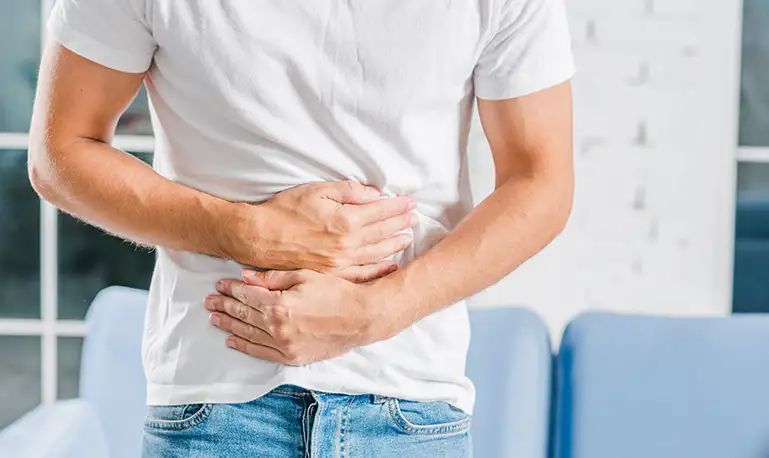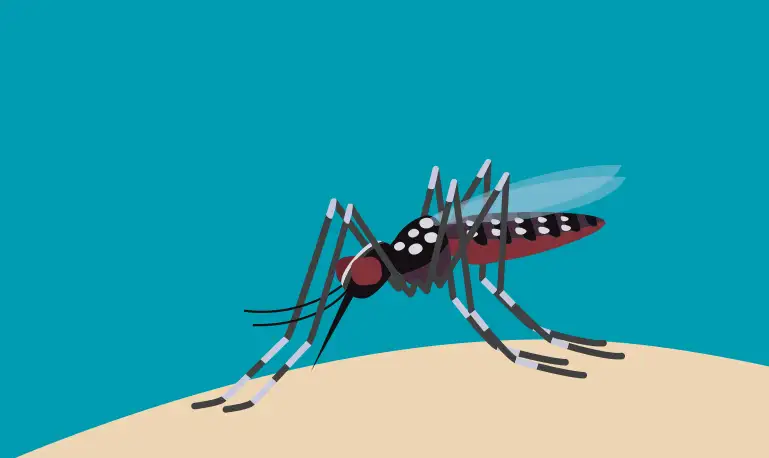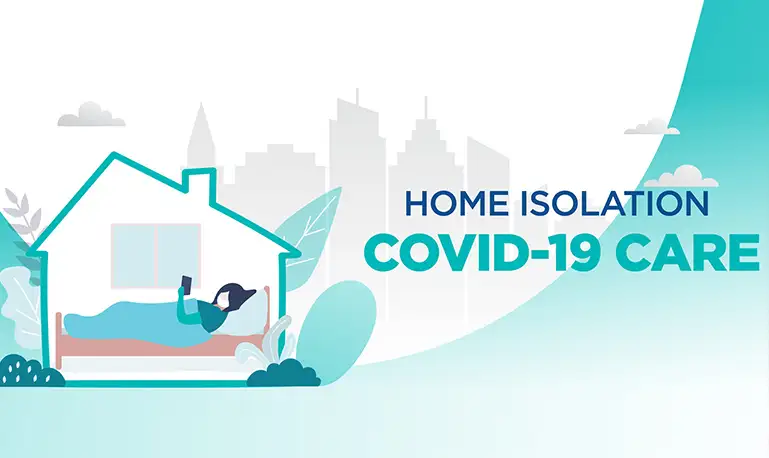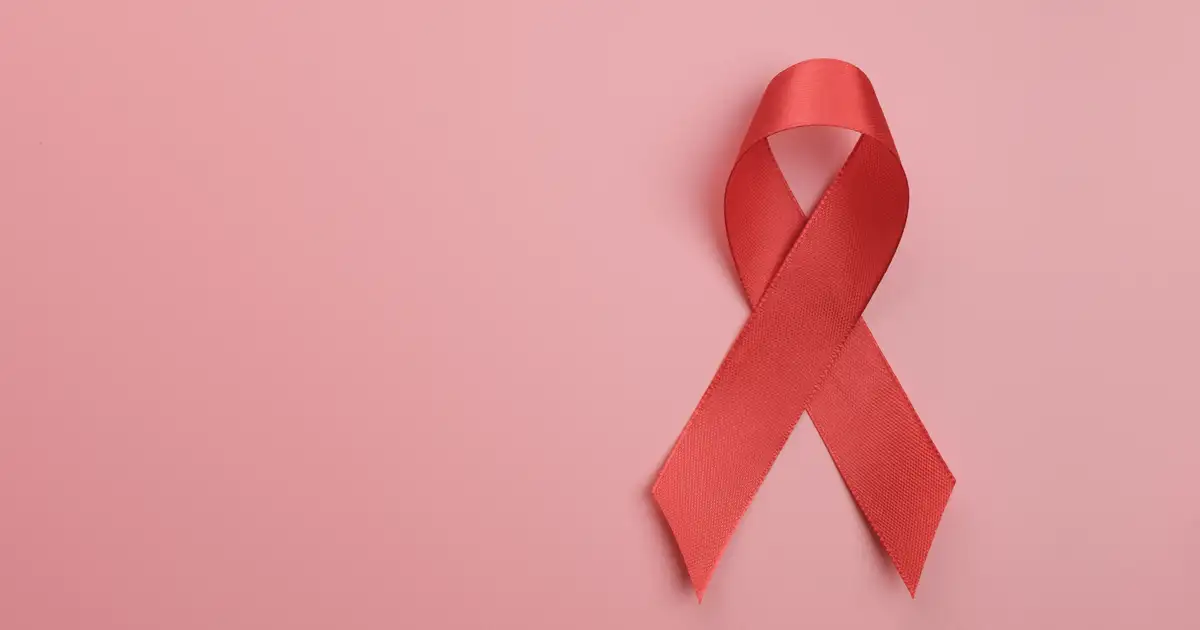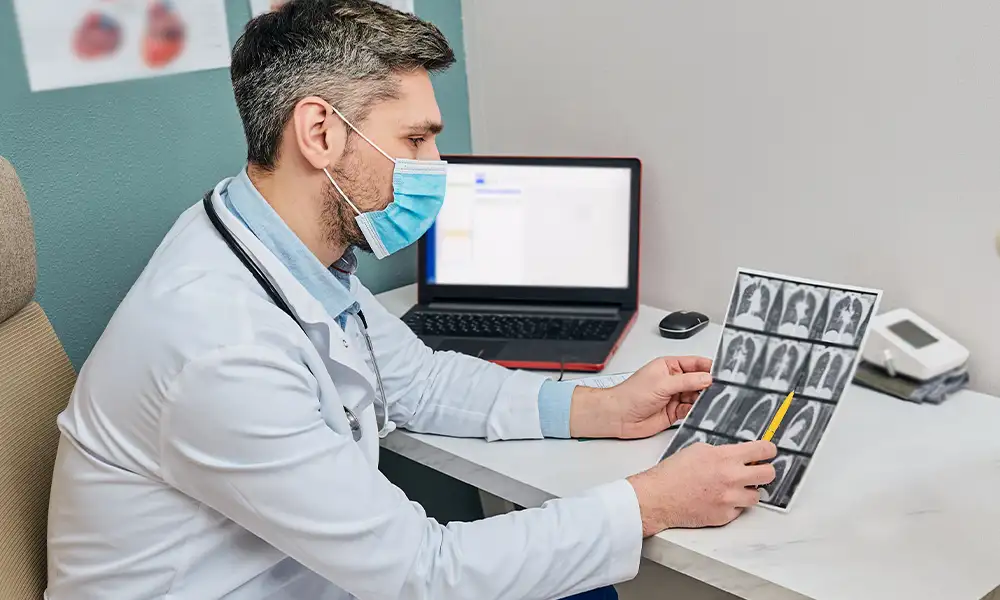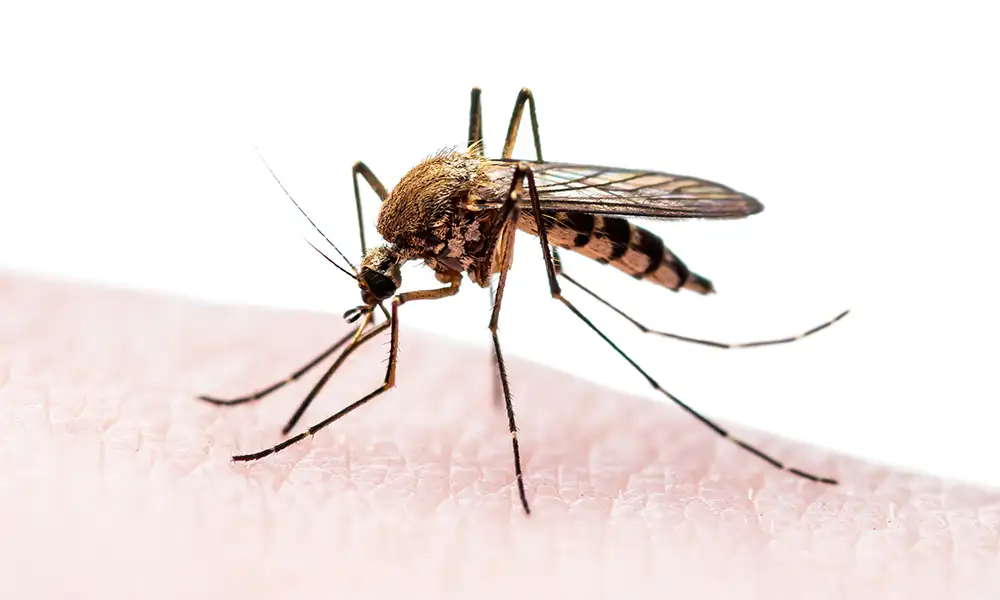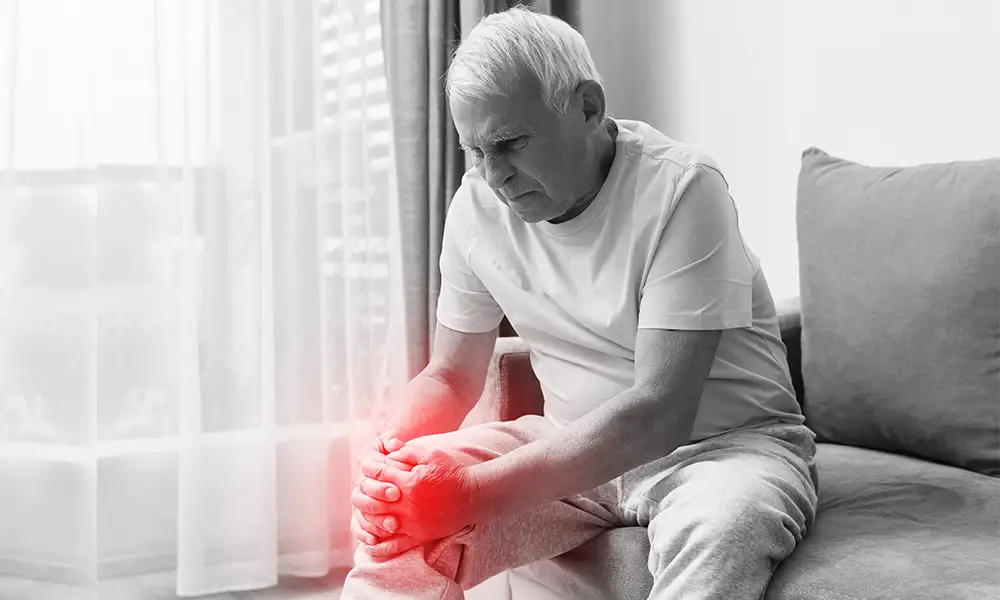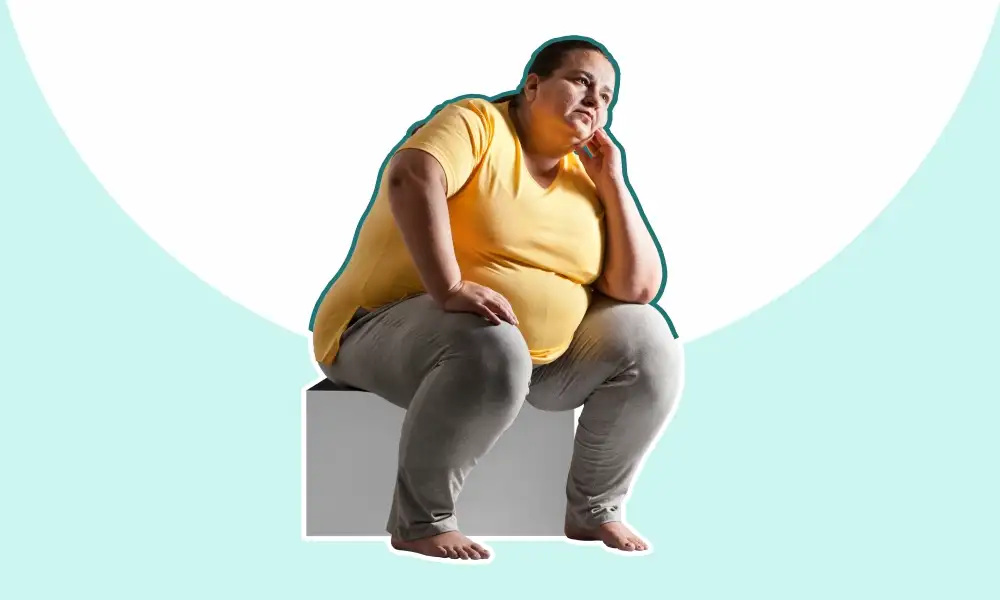Ways on How To Prevent Kidney Stones
- February 10,2020
- 5 Min Read
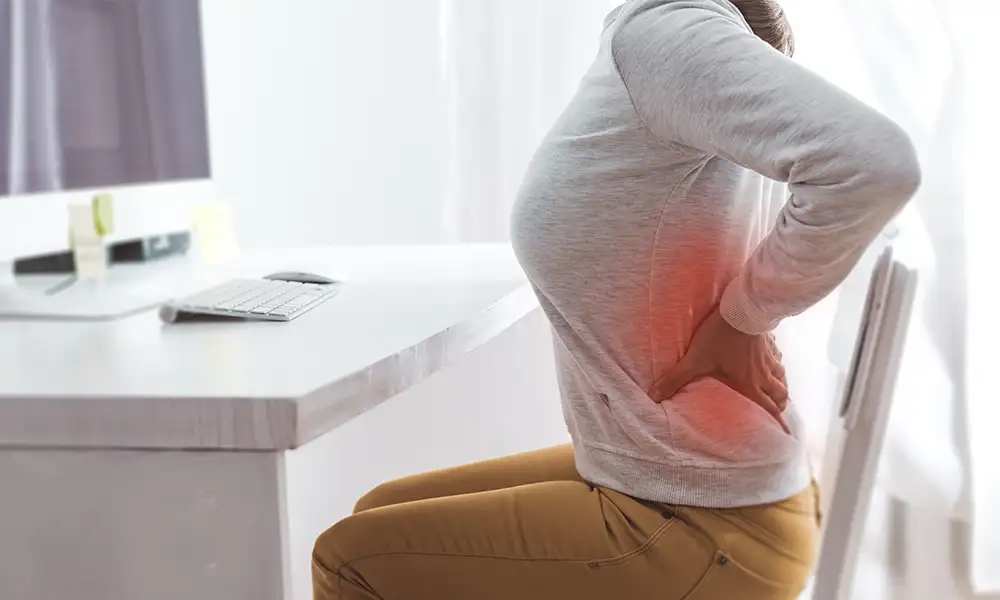
If you've ever passed a kidney stone, you probably wouldn't wish it on your worst enemy and would go to great lengths to avoid it happening again. Dr. Brian Eisner, co-director of the Kidney Stone Program at Harvard-affiliated Massachusetts General Hospital, says, "Kidney stones are more common in men than in women, and kidney stones strike again in around half of the individuals who have had one within 10 to 15 years without preventive treatments."
Where do kidney stones come from?
When certain minerals, such as calcium, oxalate, and uric acid, become concentrated enough in your kidneys to form crystals, kidney stones develop. The crystals become "stones" as they grow larger. Calcium is found in 80 percent to 85 percent of kidney stones. The rest are uric acid stones, which form when a person's urine pH is too low.
Stones that form in the kidneys might dislodge and move down the ureter, obstructing urine flow. Periods of extreme discomfort, including flank pain (pain on one side of the body between the stomach and the back), blood in the urine, nausea, and vomiting, are the outcome. The stones may cause frequent urination, bladder pressure, or pain as they move down the ureter toward the bladder.
"See your primary care physician if you have any of these symptoms," Dr. Eisner advises. "They will most likely conduct a urinalysis as well as a renal ultrasound, abdominal x-ray, or CT scan to establish if kidney stones are the cause of your pain and to assess their size and number."
Let kidney stones pass
Depending on the quantity of stones and their size, stones might take anywhere from a few weeks to a few months to pass. Ibuprofen (Advil, Motrin IB), acetaminophen (Tylenol), or naproxen (Aleve) are all over-the-counter pain relievers that can help you get through the agony until the stones pass. An alpha blocker, which relaxes the muscles in your ureter and helps you move stones faster and with less pain, may also be prescribed by your doctor.
A ureteroscopy can be used to surgically remove them if the pain becomes unbearable or stones are too large to pass. While you are under general anesthesia, a small endoscope (a device with a compact video camera and tools at the end of a long tube) is introduced into the bladder and up the ureter. The stones are broken up with a laser, and then the pieces are removed.
Take steps to bypass kidney stones
Even though kidney stones are frequent and can reoccur after they've been removed, there are simple steps you can take to help prevent recurrence. Here are a few ideas to get you started:
- Drink plenty of water: The National Kidney Foundation published a meta-analysis in 2015 that indicated that those who produced 2 to 2.5 liters of urine per day were 50% less likely to develop kidney stones than those who produced less. To create that amount of water, you'll need 8 to 10, 8-ounce glasses (about 2 liters total) of water per day.
- Foods high in oxalate should be avoided.
- Lemons: Citrate, a salt found in citric acid, binds to calcium and prevents the production of stones. "Studies have indicated that consuming half cup of lemon juice concentrate diluted in water per day, or the juice of two lemons," adds Dr. Eisner, "may raise urine citrate and presumably lower kidney stone risk."
- Keep an eye on the sodium: Because it raises the quantity of calcium in your urine, a high-sodium diet can induce kidney stones. Total daily sodium intake should be kept around 2,300 mg, according to federal standards. If you've had kidney stones in the past, try lowering your sodium intake to 1,500 mg per day.
- Reduce your intake of animal protein: Consuming too much meat protein, such as poultry, eggs, and shellfish, raises uric acid levels. Limit your daily meat intake to the equivalent to a pack of playing cards if you're prone to stones.
This article has been adapted from Harvard Health and accessible at: https://www.health.harvard.edu/blog/5-things-can-help-take-pass-kidney-stones-2018030813363
Most Viewed
Premarital Health Screening
- 20 Min Read
Typhoid - Signs and Symptoms
- 3 Min Read
Home Isolation Guidelines - Covid-19 Care
- 5 Min Read



